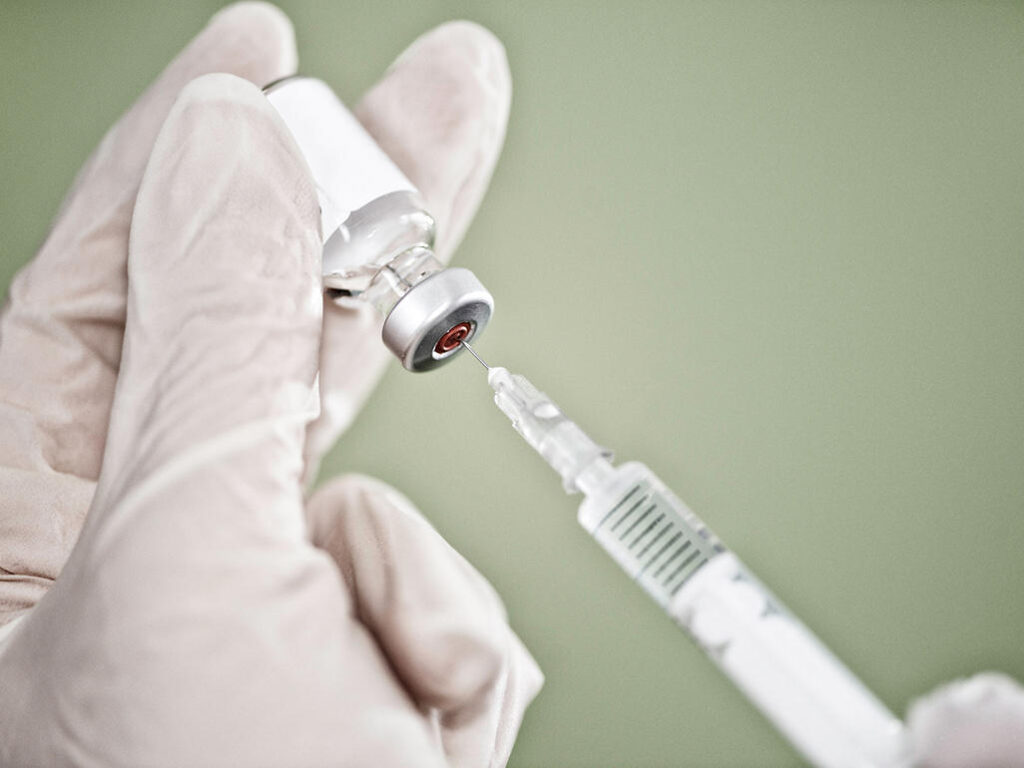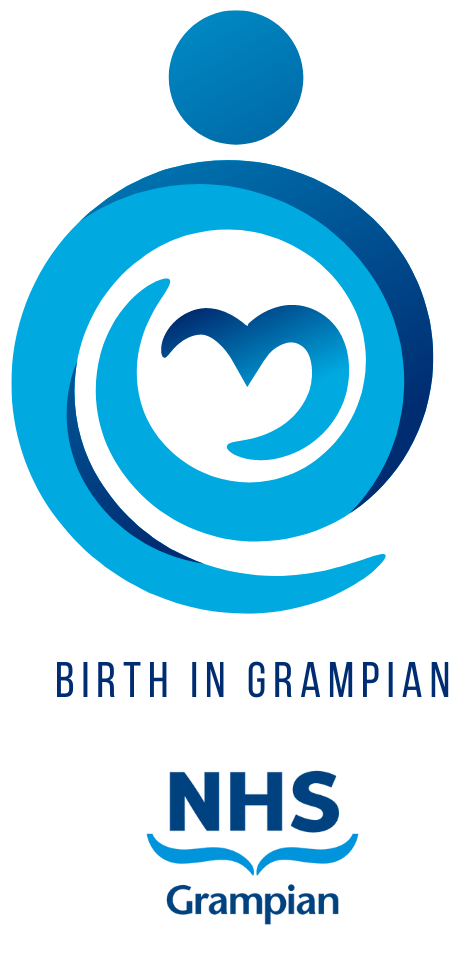
Immunisation during pregnancy can help prevent disease, or make illness less serious, as antibodies developed are passed to the unborn baby helping to protect them in their first few weeks of life. There are three vaccinations that are recommended during pregnancy:
- Flu
- Whooping Cough
- RSV
See the NHS Inform site for more details on vaccines offered in pregnancy.
Flu Vaccine
If you’re pregnant in winter, you will be offered a flu vaccine. The Royal College of Midwives along with Scotland’s Chief Medical and Chief Nursing Officers recommend that all pregnant women should have the free flu vaccine, even if you’ve had it before or this isn’t your first baby. There is evidence that pregnant women can be more at risk of developing complications if you get flu during pregnancy. To cut this risk for you and your baby’s health, women are offered a free flu jab from October to March.
For more information about the flu vaccine view the Flu Vaccine Leaflet.
Whooping Cough (Pertussis) Vaccine
The whooping cough vaccine is offered to pregnant women to help protect their baby against whooping cough (also known as pertussis). That’s because there’s a lot of whooping cough around at the moment and babies who are too young to start their routine immunisations are at greatest risk. You will be offered the whooping cough vaccine from 16 weeks of pregnancy onwards every time you are pregnant
For more information about the whooping cough vaccine view the Whooping Cough Leaflet.
RSV (Respiratory Syncytial Virus) Vaccine
The respiratory syncytial virus (RSV) vaccine is offered during pregnancy to help women protect their baby against serious illness caused by RSV infection.
For more information about the RSV vaccine view the RSV Leaflet.
Covid-19 Vaccine
You may be offered other vaccines during pregnancy if you have a weakened immune system, like the coronavirus (COVID-19) vaccine.
If you think you might be eligible for additional vaccines, speak to your midwife.
